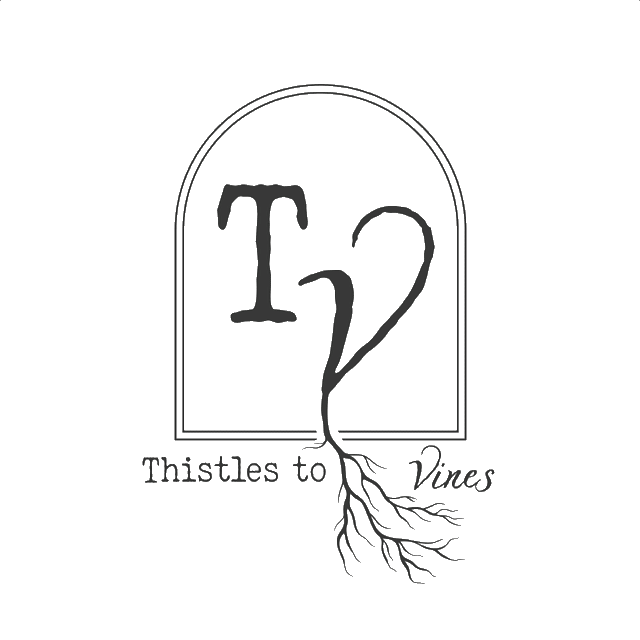A FAST FAST & ME TIME
A man without self-control is like a city broken into and left without walls. – Proverbs 25:28
A FAST FAST
Allow me to introduce the 13 hour daily fast. Not a long days and days fast, but a quick fast. A “fast fast.”
It’s basically this: Eat enough calories at dinner to be fully satisfied and then don’t eat again until 13 hours later. For example, eat dinner at 6pm and then don’t eat again until at least 7am. That’s it.
Apparently fasting for 13-16 hours every day can be really beneficial for cancer patients. It helps the body get rid of toxins and supports overall health by giving your digestive system a much-needed break. Plus, fasting can GREATLY IMPROVE SLEEP (it did for me) which boosts the immune system. A study published in JAMA Oncology found that breast cancer patients who fasted for 13 hours overnight had a lower risk of cancer recurrence and improved survival rates (Marinac et al., 2016). So if your doctor says it’s safe for you, consider giving it a try!
Scroll down to “Cancer Recurrence.” Wow!
Discusses fasting and cancer around the halfway mark of the video.
Scroll down to “Cancer.”
The easiest explanation I’ve been given is this: Our bodies really do REPAIR and RESTORE themselves while we sleep. We NEED that deep sleep as often as we can get it so we can get rid of bad cells and kill off disease. BUT digestion is a very busy process! Stomach secretions, moving food and taking it apart, absorbing it into our bloodstream, it’s a whole thing. And there’s no pause button on the digestion process, it starts happening right when we eat. Therefore, the later we eat, the more it cuts into our sleep, with our bodies putting energy into processing that food and taking energy AWAY from repairing itself! Maybe THAT’S why I’ve been sleeping like a rock ever since I stopped eating way earlier! It WORKS and it HELPS!!!
It is in vain that you rise up early and go late to rest, eating the bread of anxious toil; for he gives to his beloved sleep. – Psalm 127:2
ME TIME
Self-care. You’ve heard of it, and you’ve thought, “Yeah, maybe one day I’ll have time to get around to that.” Well the time is NOW. Taking time for activities that bring joy and relaxation can reduce stress and boost the immune system. Whether it’s reading a good book, taking a soothing bath, or spending time with loved ones, self-care really can make a big difference. A study published in the Journal of Psychosocial Oncology found that cancer patients who practiced regular self-care experienced lower levels of anxiety and depression, and a better quality of life (Anderson et al., 2014). You like yourself, right? Why not treat yourself kindly and make self-care a part of your routine?
In my opinion, walking in nature, exercising, prayer, lymphatic massage, gratitude, all of the things we’ve gone over are part of self-care. And I love them all. I would ADD to those things anything you love that makes you STOP working and being and doing for everyone else and take a minute for yourself every day. The dishes will still be there tomorrow, make time for YOU today. You could try…
WOODWORKING
CROCHETING
GENTLE STRETCHING
ANY OLD OR NEW HOBBY YOU LIKE
TAKE A NAP
TAKE A BUBBLE BATH
READ A GOOD BOOK
SIT IN OR WALK THROUGH A BOOKSTORE (WITH A GOOD COFFEE OR TEA)
GARDENING
SKIING
BIKE RIDING
HIKING
CANOEING
SAUNA
UPLIFTING TV SHOWS (LIKE ‘YETI PRESENTS’ OR ‘THE MAGNOLIA NETWORK’)
GOLFING
BOWLING
CROSS STITCH
LUNCH, DINNER OR COFFEE WITH FRIENDS
BIBLE STUDY
PHOTOGRAPHY
BOARD GAMES
SILENCE
PLAYING SOLITAIRE
BIRD WATCHING
TAKING A DRIVE IN THE COUNTRY
ANYTHING YOU’VE NEVER DONE OR USED TO DO THAT YOU MIGHT LOVE!!!
AMAZON LINKS

Citations:
Marinac, C. R., Nelson, S. H., Breen, C. I., Hartman, S. J., Natarajan, L., Pierce, J. P., & Flatt, S. W. (2016). Prolonged nightly fasting and breast cancer prognosis. JAMA Oncology, 2(8), 1049-1055. https://doi.org/10.1001/jamaoncol.2016.0164
Anderson, B. L., Schmidt, P. J., & Schwenk, T. L. (2014). Self-care strategies in the face of cancer: How patient behaviors influence outcomes. Journal of Psychosocial Oncology, 32(6), 663-676. https://doi.org/10.1080/07347332.2014.942902
